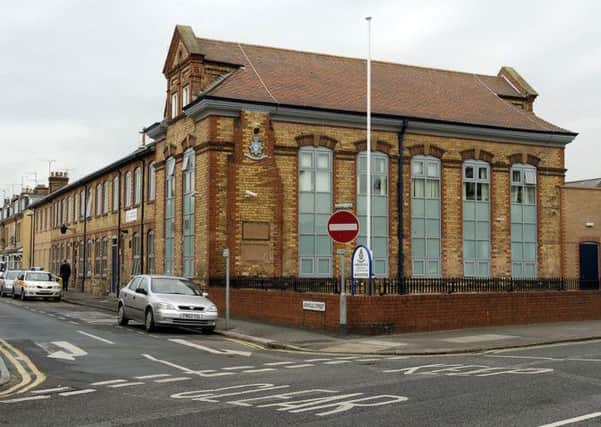Plans to cut police and close stations could ‘delay response times and see crime soar’


A restructure which could see 1,300 fewer employed at Humberside Police, including 700 police, and see two-thirds of stations close, was “unprecedented” and “taking place at an undue pace”, a review panel said.
The panel set up by East Riding Council claimed a lack of consultation meant the public were “largely unaware” of the changes. Although cuts to police numbers have been widely publicised, plans to close 21 of its 36 stations over the next seven months, as part of plans to make £30m savings, emerged more recently.
Advertisement
Hide AdAdvertisement
Hide AdHer Majesty’s Inspectorate of Constabulary said in July the numbers of stations would drop to 15 by next March - but there would still be 26 front counters - down from 30 at the start of the spending review.
The panel’s chairman Coun Shaun Horton said: “It seems to the panel that the redesign process is taking place at an undue pace, with an overly ambitious implementation date of April 2015. The panel has also been disappointed by the lack of information and engagement from Humberside Police, with the Chief Constable and the Office of the Police and Crime Commissioner declining to take part in the review.”
The panel said they feared the East Riding - whose residents pay the most towards the cost of policing - could suffer disproportionately from plans to centralise resources.
Police commissioner Matthew Grove hit back last night saying the panel’s comments were “full of misinformation” and repeated his pledge that “no community will lose its police station.”
Advertisement
Hide AdAdvertisement
Hide AdIn a statement chief constable Justine Curran said there had been face-to-face briefings with local authorities, emergency services, MPs and others. She said the plans, which had been “tested, retested, redesigned and tested again”, will be phased in between now and April 2015. They include changing shift patterns to a one-force model so resources better match demand. She said they were seeking to move stations into shared buildings with councils and other services, with police being given better technology to carry out office-based activities while out and about.